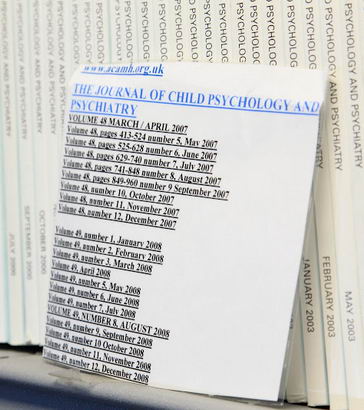
A literature review is a summary of the published research and other relevant literature relating to the current research subject. It gives a picture of the current state of awareness of the topic in terms of what has been done, and what we know.
See 'Reading around your subject' at Level B to create a simpler version of a literature review.
A literature review will enable you to:
- Identify the key themes of relevance to the subject area;
- Explore each theme across the literature base;
- Become aware of a range of ways of conceptualising the issues;
- Identify how each source contributes to the subject knowledge;
- Critically reflect on the inter-relationships between sources;
- Identify the areas of agreement and correlation between sources;
- Discuss contradictions between sources;
- Identify any gaps in the overall knowledge base;
- Conclude the current position and offer justification for the proposed research study.
Conducting a literature review is an active reading activity asking questions like:
- Where did the author(s) seem to draw the ideas from?
- What has been accomplished by this piece of work?
- What do the authors see as the important ways of framing the issues?
- What is the relationship between this work and other work in the field?
- What research from related fields might be relevant to this subject?
- What questions remain unanswered?
- What could be the next step to build upon this work?

When reading about your chosen topic, it is important to carefully define what is relevant to your subject in order to not be swamped by seemingly endless tomes.
Most publications will need to be relatively recent (published within the last five to ten years). However, certain key
texts and studies may be considered relevant for decades after
their publication.
It is necessary to seek out literature from credible sources; not every website carries reliable information. Academic sources and respected organisations will provide the most credible literature resources.
Books and articles from peer-reviewed journals represent the most respected sources of information, but other journals and publications may be valuable. It is important, however, to recognise the credibility of sources you use. When using the Internet, care must be taken to establish the validity of web content.
You may find that there is very little writing available in regard to your specific subject, particularly if it is a new area for research. In this case, use less accredited sources, or expand your search to closely related topics. However, you should identify the literature that is closest to your area of study.

It is important to have a systematic approach to recording information gained from each source. Some form of matrix, spreadsheet or index card system will be invaluable, whether kept manually or in electronic format. Records should include the full reference for the item, and a summary of its significant content in relation to your research subject and methodology.
For a guide to the Harvard referencing system (Anglia Ruskin University, 2011) read the following guide: University Library Guide to the Harvard Style of Referencing.
New literature will become available at frequent intervals. It is, therefore, unrealistic to believe you can finish your literature review and then move on to the next stages of your project. Reach a point where you have a clear idea of how to refine your research question, and then plan and implement your study. Keep actively reading as new material becomes available.
The following document gives some useful tips on this area: Literature searches.
Read the second section of the following research report and consider how the literature is critiqued. In particular, the way in which Section 2.9 draws together themes.
Do you agree with the assertions about areas for future investigation?
A Study of the Transition from the Foundation Stage to Key Stage 1

Anglia Ruskin University Library (2011) Guide to the Harvard Style of Referencing (3rd edition). Cambridge/Chelmsford: Anglia Ruskin University (accessed 12.1.12).
Fletcher-Campbell, F. and Wilkin, A. (2003) Review of the Research Literature on Educational Interventions for Pupils with Emotional and Behavioural Difficulties. London: National Foundation for Educational Research (accessed 12.1.12).

Aveyard, H. (2010) Literature Review in Health and Social Care: A practical guide (2nd edition). Maidenhead: Open University Press.
Garrard, J. (2007) Health Sciences Literature Review Made Easy: The Matrix Method (2nd edition). Sudbury, MA: Jones and Bartlett.